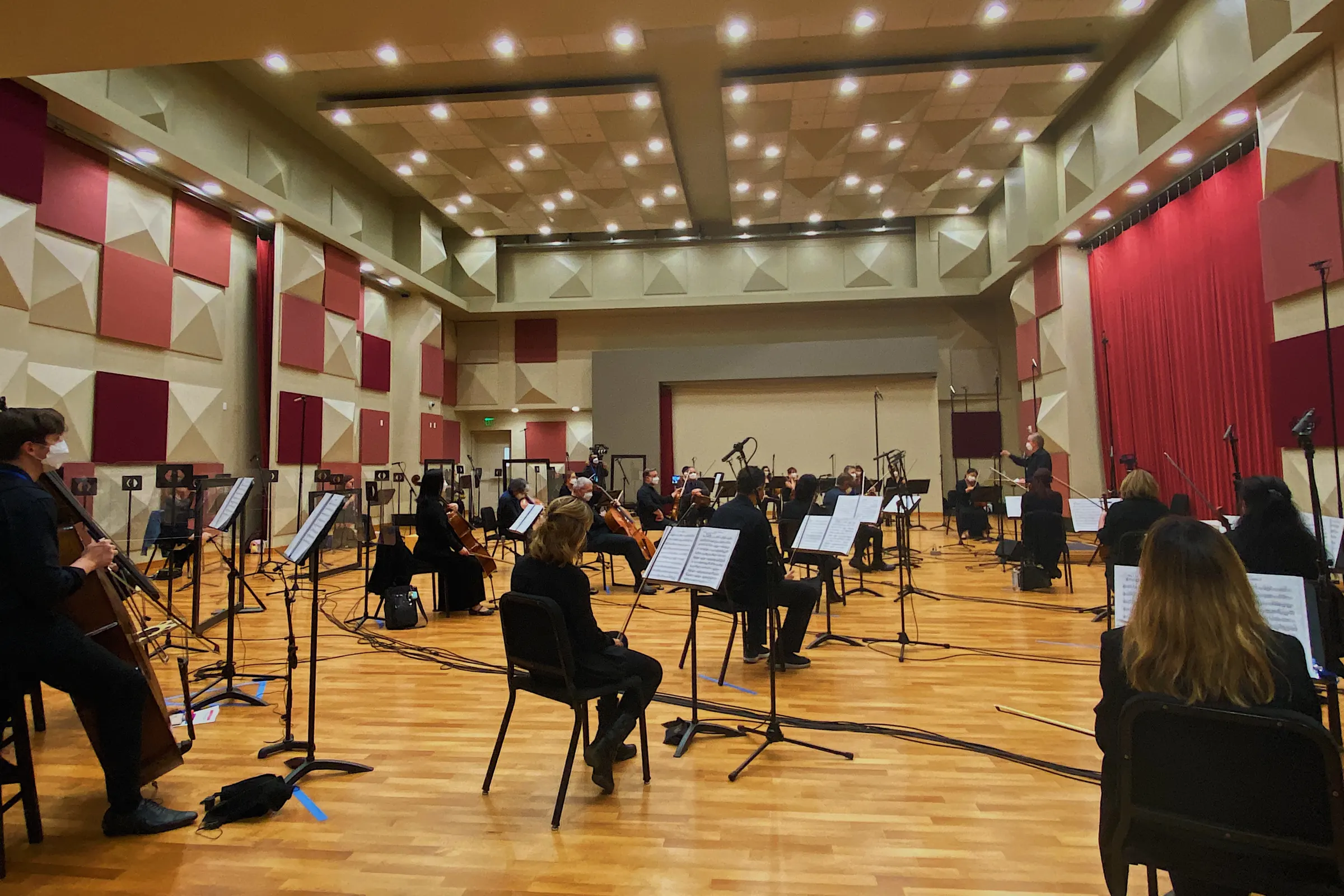With the vanishing of the name, goes the disappearance of the object, the slice of art, the fragment of literature, the portion of music. With the fading of the thing, so the name is gradually effaced from memory, and whatever there was, becomes anonymous.
I have long taken a special interest in music by composers whose names and works have been virtually eliminated from history. LA Opera audiences know this well; the Recovered Voices series introduced them to a part of the extraordinary literature of works by composers whose music was banned and whose lives were disrupted—or worse—by the Third Reich.
Our presentation of The Anonymous Lover, by Joseph Bologne, Chevalier de Saint-Georges, is a logical extension of that mission.
The composer was born on a plantation on the French Caribbean island of Guadeloupe. His father was a French slave owner and his mother an enslaved Senegalese woman known as Nanon. He has been virtually ignored over more than two centuries.
Since his death in 1799, his name, as the title of his opera, has been as good as anonymous. There is not even universal agreement as to its correct spelling, authentic form or exact origins. His first name is agreed upon: Joseph. His family name—spelled variously Bologne, Boulogne and even Boullongne—has sustained much confusion. Is the addition of Chevalier de Saint-Georges (or Saint-George) a title, or is that his name? His father, a member of the minor aristocracy seems to have borne a title. But French law denied both illegitimate children as well as Black persons from inheriting the name or rank of nobility. As time went on, he seems to have been referred to more often as Saint-Georges, and often signed his name that way. For purposes of simplicity, I will refer to him as such.
